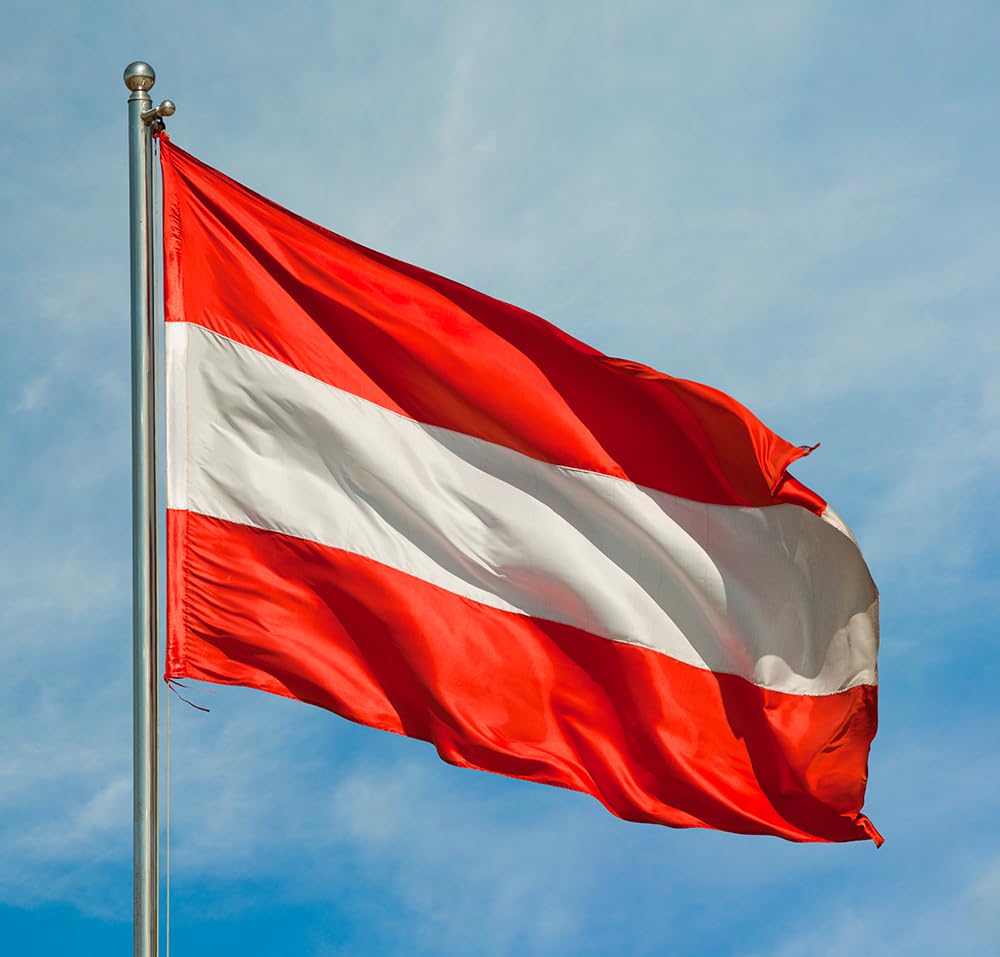With so many public, private, and international schools serving both local and expatriate families, Austria is well-known for its excellent educational system. Selecting the correct school depends on language preferences, curriculum, and educational goals for parents moving to or living in Austria. Austria presents great choices whether your search is for an English-language international university or a public school speaking German.

Public schools
Public schools run in Austria are government funded and tuition-free. Particularly if children are young and can quickly pick up the German language, they are a great choice for families hoping to remain long-term and provide a strong academic basis. Public schools are highly regimented, following the national curriculum, and give great focus on academic performance and discipline. Cities including Vienna, Graz, and Salzburg house some of the best-performing public schools. For instance, academic brilliance and extracurricular activities abound at BG/BRG Stubenbastei in Vienna. Nonetheless, non-German-speaking children could need more help to catch up with the language, which the school usually offers.
Private schools
Private Austrian schools provide less class sizes, more freedom in teaching strategies, and occasionally bilingual education. Although they charge tuition, these institutions usually offer a more individualized learning environment. Many private schools include particular teaching philosophies like Montessori or Waldorf or religious instruction.
One well-known example is the St. Gilgen International School close to Salzburg, which provides the International Baccalaureate (IB) English curriculum and has a strong reputation for academic excellence and whole development. Comprising music and academics in an international learning environment, the Amadeus International School Vienna is another noteworthy establishment.
International schools
Many expatriate families choose international institutions since they provide internationally approved curricula including the American High School Diploma, IB, British GCSE/A-Levels, or another. These institutions serve a varied student population and offer instruction mostly in English.
Among the best choices available in Vienna, which boasts the most international schools in Austria, are as follows. Offering the complete IB curriculum, Vienna International School (VIS) boasts a varied student body spanning more than 100 countries. Danube International School Vienna is well-known for its inclusive environment and great student support and offers IB courses as well. Having a long-standing reputation for academic excellence, the American International School Vienna (AIS) provides a U.S. curriculum with Advanced Placing (AP) courses.
These institutions are perfect for internationally mobile families because they usually feature modern facilities, extensive extracurricular activities, and a concentration on global citizenship.
Bilingual and alternative education options
Families who want their children to retain their native tongue while merging into the Austrian system will find especially beneficial some Austrian schools offering bilingual education (German-English or other combinations).
For instance, the Lycée Français de Vienne provides the French curriculum and services the Francophone population in Austria. Designed to help students become really bilingual, the Vienna Bilingual Schooling (VBS) network of schools offers instruction in both German and English.
Furthermore highly visible throughout Austria are alternative educational philosophies including Montessori and Waldorf (Steer) schools. Many families looking for a more all-encompassing educational environment will find these institutions appealing since they emphasize experiential learning, creativity, and emotional development over standardized testing.
Considerations for selecting a school
Your child’s language level, academic requirements, and family long-term goals should all be taken into account when choosing the best Austrian school for them. Those who intend to remain in Austria long-term and wish to fit into the local way of life will find public schools most appropriate. Short-term expats or those wishing to guarantee a seamless transfer to another nation’s educational system later on would find international schools more suitable. One another important consideration can be tuition costs. Public schools are free; private and international schools may charge depending on the institution and grade level anywhere between €5,000 and €25,000 annually. Applying early is also wise since popular schools may have lengthy waiting lists.
Conclusion
From tuition-free public schools to elite international universities, Austria presents a broad range of educational choices for families. There is a school in Austria to fit your child’s needs regardless of whether you give academic rigor, language development, or alternative teaching strategies top priority. Expatriate families would find cities like Vienna, Salzburg, and Graz perfect places since they offer the best concentration of quality schools. Early planning and thorough research will help you to identify a school in Austria that best supports the future success and development of your child.
You may also find these articles helpful
Frequently Asked Questions on Austria
Understanding the impact of criminal records on immigration to Austria
Assessing social benefits and welfare as an immigrant in Austria
